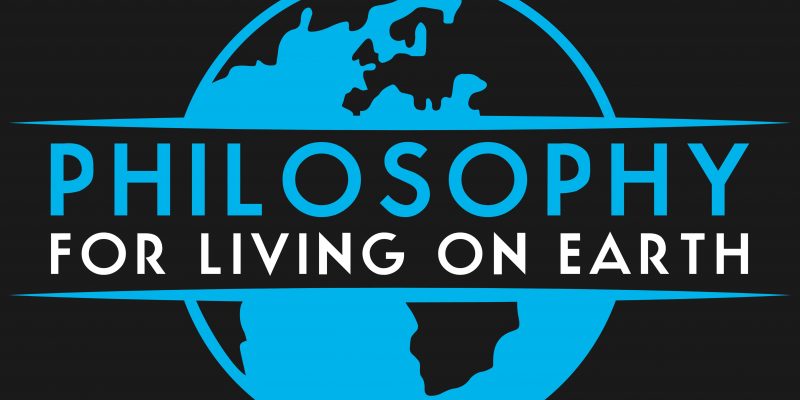Governments are taking unprecedented measures to restrict travel and shut down businesses in order to slow the spread of the COVID-19 virus. Politicians are justifying these measures by invoking emergency, even wartime, powers. What is the proper role of government during a health crisis like this one? What values should guide us in thinking about proper policy in regard to life and death issues, especially in an individualistic society?
Join us for another special episode of Philosophy for Living on Earth to get clarity on these questions. Onkar Ghate and Gregory Salmieri will join us and add their perspective.
Podcast: Play in new window | Download (Duration: 1:32:35 — 84.8MB)
